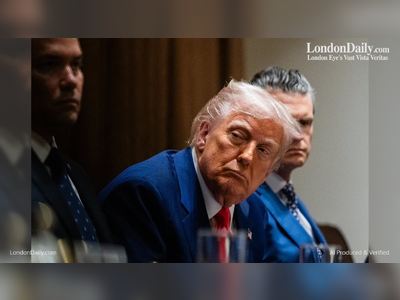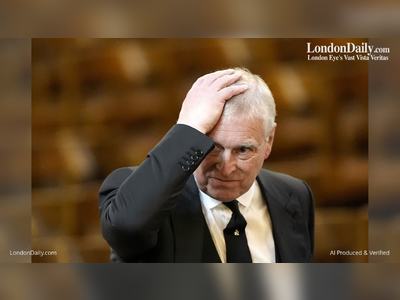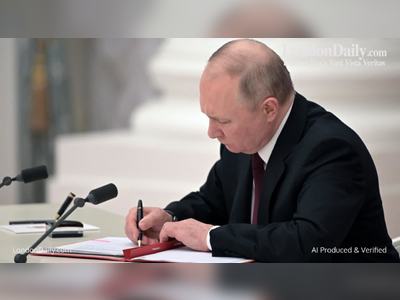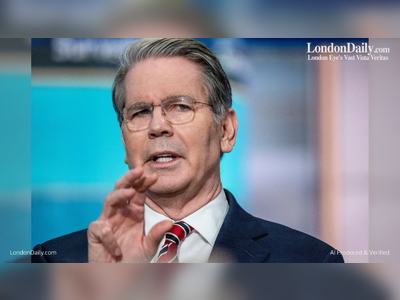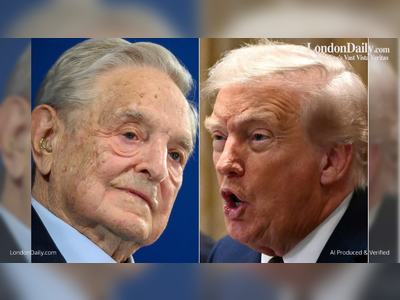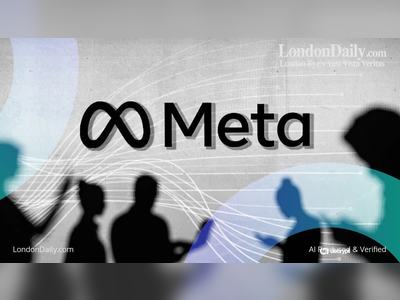What is the new extremism definition and which groups might be on the list?
The UK government introduced a more specific definition of extremism, aiming to prevent certain groups from receiving government funding and engaging with officials.
This initiative, outlined by Communities Secretary Michael Gove in the House of Commons, describes extremism as actions that promote ideologies of violence, hatred, or intolerance with the intention to erode fundamental rights, disrupt the UK's democratic system, or support others in doing the same.
Under this framework, groups aligning with such ideologies will be restricted from official interactions and funds. Michael Gove named several groups of concern, including neo-Nazi organizations like the British National Socialist Movement and Patriotic Alternative, as well as groups with Islamist orientations such as the Muslim Association of Britain, Cage, and MEND.
The government enforces a strict threshold for labeling a group as extremist and ensures peaceful private beliefs remain unaffected. Nevertheless, groups have the right to challenge their classification, while the policy distinguishes between extremism and terrorism.
A Counter-Extremism Centre of Excellence is to be established to oversee intelligence on extremist activities. The change is in response to what Mr. Gove identified as a threat to UK values, and Prime Minister Rishi Sunak has echoed similar concerns about extremism undermining democracy.
Critics worry that the new definition may suppress free speech and target specific communities. While Conservative MPs fear it could inadvertently encompass anti-abortion and gender-critical advocates, Michael Gove assures that the definition will not impinge on free speech or conservative religious views. Some also contend that the definition lacks a legal backbone and serves political motivations, as highlighted by internal party critics and former government officials.
Under this framework, groups aligning with such ideologies will be restricted from official interactions and funds. Michael Gove named several groups of concern, including neo-Nazi organizations like the British National Socialist Movement and Patriotic Alternative, as well as groups with Islamist orientations such as the Muslim Association of Britain, Cage, and MEND.
The government enforces a strict threshold for labeling a group as extremist and ensures peaceful private beliefs remain unaffected. Nevertheless, groups have the right to challenge their classification, while the policy distinguishes between extremism and terrorism.
A Counter-Extremism Centre of Excellence is to be established to oversee intelligence on extremist activities. The change is in response to what Mr. Gove identified as a threat to UK values, and Prime Minister Rishi Sunak has echoed similar concerns about extremism undermining democracy.
Critics worry that the new definition may suppress free speech and target specific communities. While Conservative MPs fear it could inadvertently encompass anti-abortion and gender-critical advocates, Michael Gove assures that the definition will not impinge on free speech or conservative religious views. Some also contend that the definition lacks a legal backbone and serves political motivations, as highlighted by internal party critics and former government officials.

